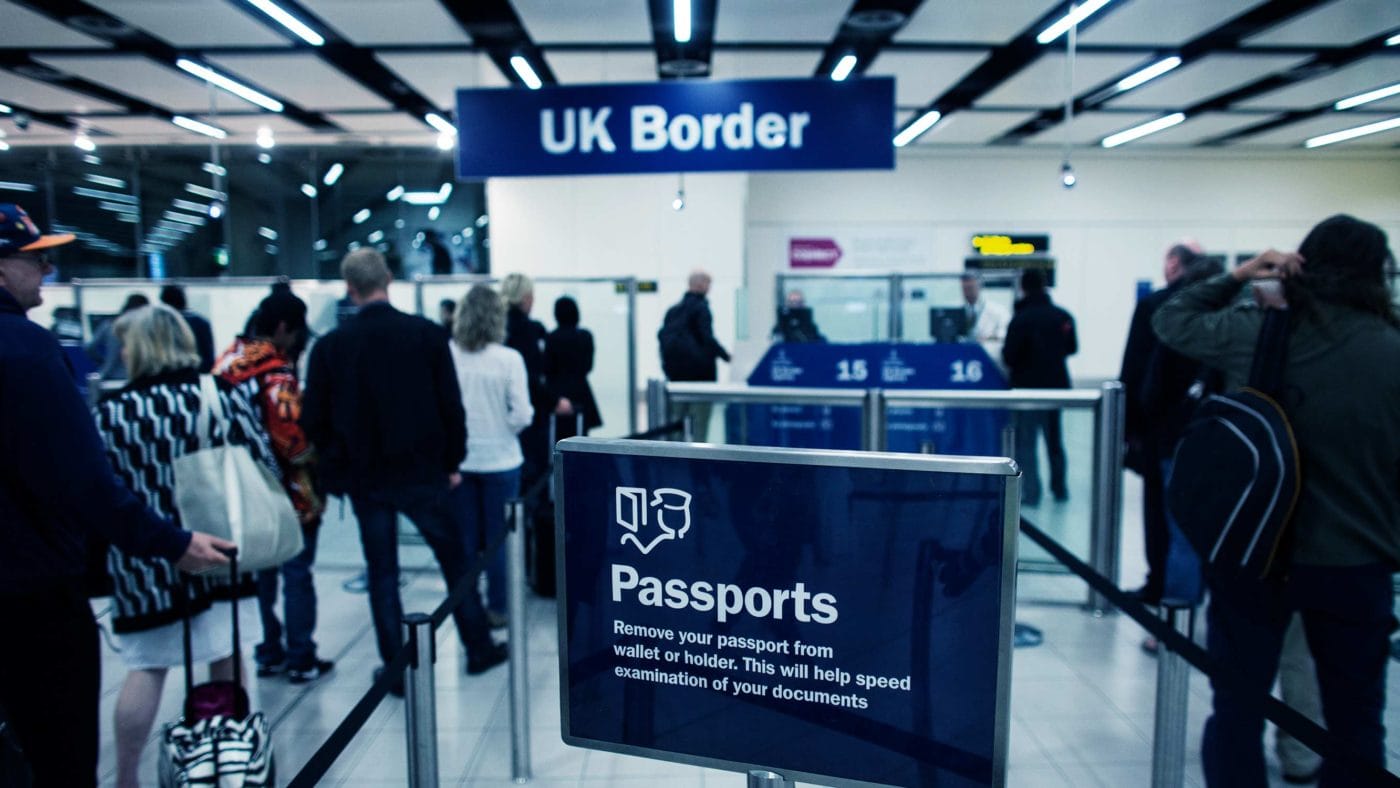This week’s news that net migration passed 500,000 in the year to June will add yet more fuel to a debate that so often produces far more heat than light.
Before we get to the bigger picture, there are a couple of important caveats to the latest figures.
Firstly, the 21/22 figure includes people who would have come to the UK earlier but couldn’t because of Covid (note that the net migration estimate for 2019/20 was just 34,000).
Secondly, a big chunk of the new arrivals came here under dedicated resettlement schemes from Afghanistan, Hong Kong and, of course, Ukraine.
Looking at who makes up that big 500,000+ headline number is a reminder that the umbrella issue of ‘immigration’ encompasses all manner of different journeys to the UK – from refugees to seasonal farm workers, NHS staff and white collar professionals, not forgetting a substantial number of international students.
One kind of migration that certainly does alarm voters is Channel crossings, which is why the salience of immigration/asylum has shot up in the last year. It’s also presumably why Rishi Sunak’s Tory leadership immigration plan focused entirely on asylum and small boats, and said nothing about net migration.
Nor can you credibly argue that the boat arrivals are all vulnerable refugees, given the high proportion who come from Albania – certainly a poor country, but nothing like Syria or Afghanistan.
Disquiet about illegal immigration and people smuggling does not mean the British people are hostile to all types of immigration though. As British Future’s Sunder Katwala notes here, the public have a nuanced attitude, with a generally positive response to people coming here to work and study. It’s also unquestionable that key parts of our public sector simply wouldn’t function without migrant workers: for instance, one in six NHS staff – over 200,000 people – are non-UK nationals.
Arguing over whether immigration is axiomatically ‘good’ or ‘bad’ for the country is therefore something of a definitional horlicks. It’s pretty obvious that some kinds of immigration have more of an impact than others. The immigrant who founds a successful business (as many do) will do more for the economy than someone who works in, say, a shop for a few months then heads home. It’s therefore very difficult to judge the OBR’s contention that higher net migration will boost growth without knowing what the composition of those coming here will be.
Similarly, there’s some evidence that migration contributes to house price growth, but it pales into insignificance compared to the broader inadequacy of our planning system (for more on which, read this piece from our editor-in-chief).
What is certain, however, is that voters have been led down the garden path on this issue. Since 2010 we’ve had various semi-commitments to bring numbers down to the ‘tens of thousands’ without the policies to make that a reality.
Whatever your judgment on the wisdom of such a target, there’s no doubt the failure to get anywhere near it has eroded trust. Likewise the disjunct between a promise to ‘take back control’ and the total lack of it in the English Channel. That failure also explains why despite his rhetoric about weaning Britain off ‘immigration dependency’, Keir Starmer has not committed to a hard numerical target.
It’s not Labour the Conservatives will be most worried about on this particular issue, but Nigel Farage. After a fairly quiet few years, he’s now promising that Reform UK will run a full slate of candidates at the next general election. If the Government didn’t have enough problems already, a re-energised Brexit Party 2.0 is the last thing they need.
Click here to subscribe to our daily briefing – the best pieces from CapX and across the web.
CapX depends on the generosity of its readers. If you value what we do, please consider making a donation.


